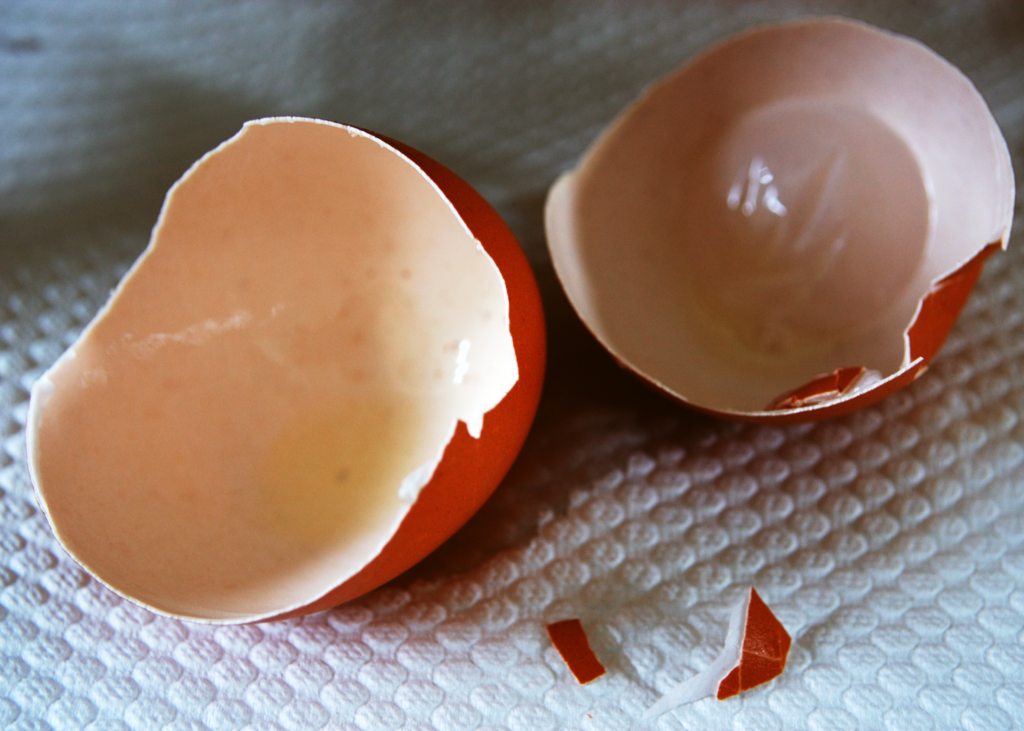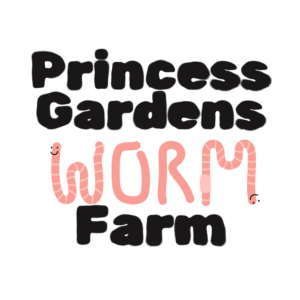
When it comes to diverting your waste, egg shells tend to be one of those things people aren’t sure if they can use before they toss. Some say using egg shells in your garden can be beneficial; on the flip side , there are some that say the benefits are mythical.
So… to use or not to use!!
When we look at the benefits egg shells provide to a worm bin; I defiantly vote for use.
Egg shells are a slow release calcium rich making them the perfect additive to help manage the pH in your bin(s). If you’re like me, there are times when you may over-feed, causing fermenting food to raise the acidity. Adding some egg shell is a great way to bring things back into balance.
Note: If you have red wigglers; it is said that they can tolerate pH levels between 5 – 9 according to Dr. Clive Edwards. While this is great knowledge to have; running you bin at a pH level of 7 is best to keep your worms happy.
Another very important way to use your egg shells is to add it to your worm food. Adding the shells to their food offers a source of grit which is essential to them processing food effectively.
It has been said that egg shells can help your worms in the reproductive area of their lives. This is exciting because; let’s face it, who wouldn’t want more worms!?!
Additional Information:
- Gives worms a firm surface to help wiggle their egg off (large shells)
- Large shells take a very long time to break down, be sharp, and take up space in your bin. I encourage you to grind them up so that they aren’t sitting in the bin so long. Check out how prep our egg shell here https://youtu.be/TVvbmYN1sqc
- If you do not eat eggs; lime and rock dust are great alternatives. You can also check out egg shell powder we sell in our boutique.
When feeding egg shells to your worms it is important to follow a few practices so that you don’t throw things off. Your worms are a living breathing system; too much of anything can be harmful.
Practice #1: Feed worms up to 1 cup of sells each month
Practice #2: Only add more egg shell to your bin once the last feeding is gone.
We hope this was helpful; happy composting!
